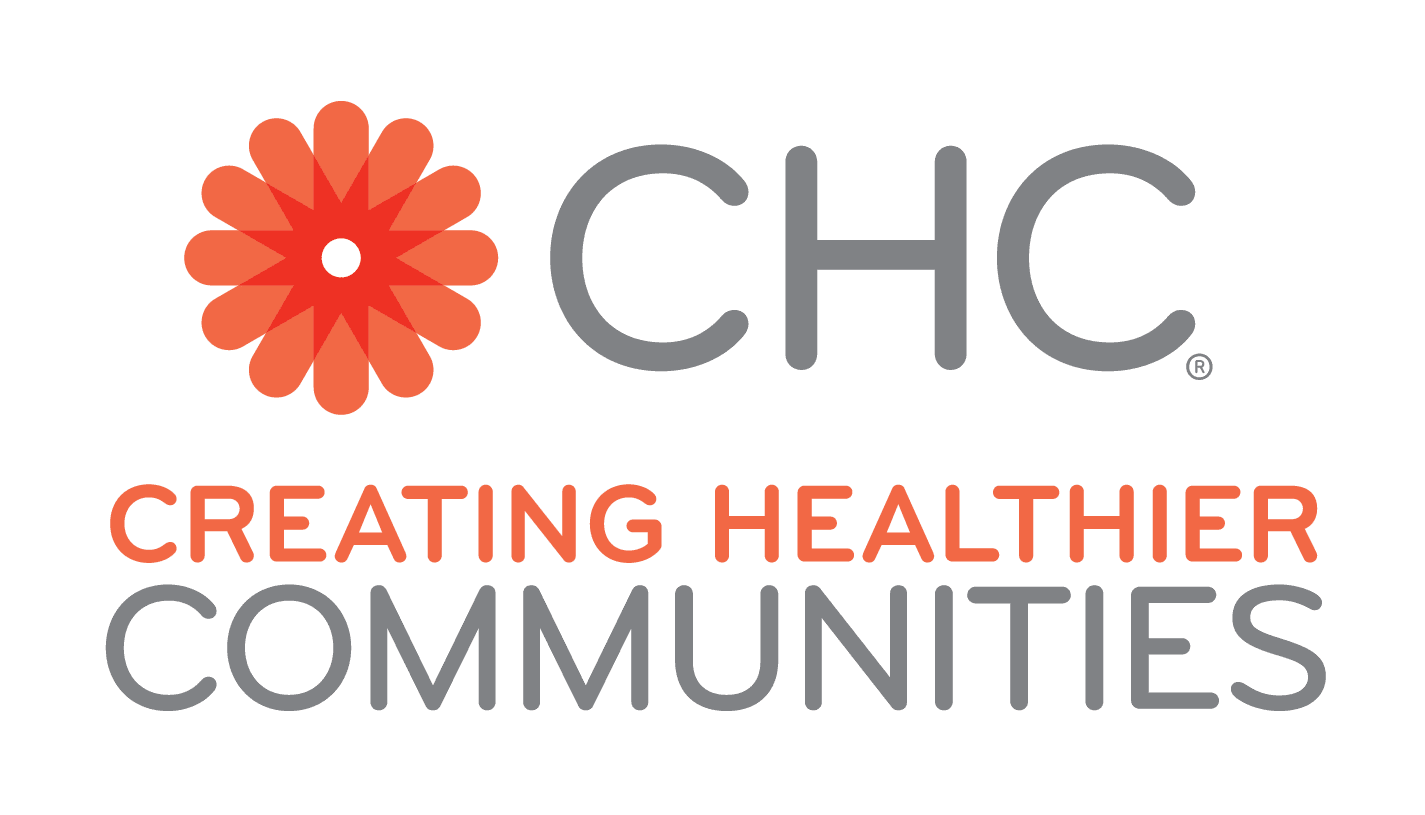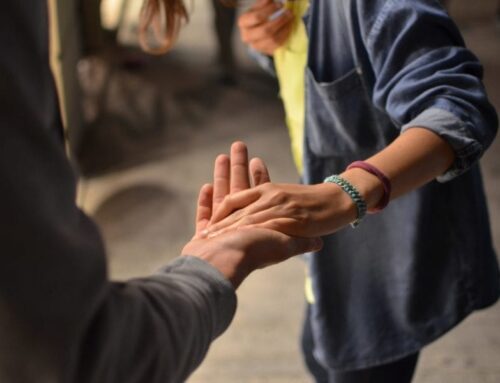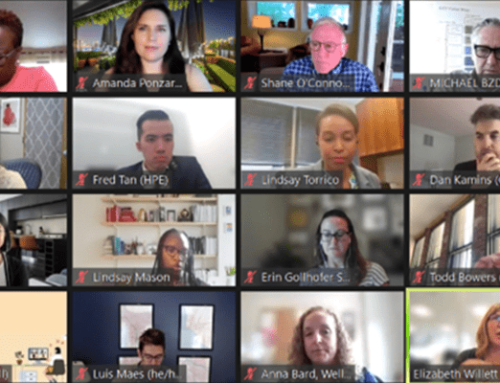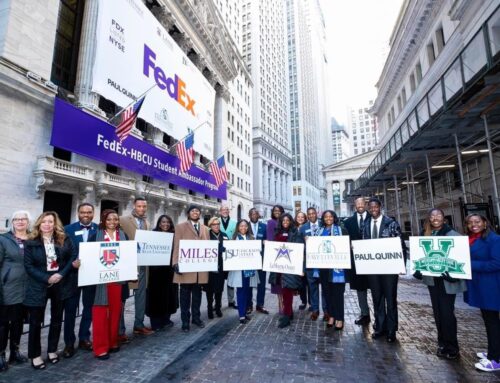Choosing Dialogue for Positive and Healthy Social Change
By: Jerome Tennille, Manager of Volunteerism for Marriott International
We’ve wandered into what I believe is unchartered territory for most of us. Sure, while America’s historically faced similar social tipping points like we’re facing today, I suspect this time is different. It’s my estimation that it’s getting even more tense as we head further into 2020. Not only are we experiencing a global pandemic resulting from the spread of COVID-19, but again our nation is feeling the pain from deep wounds caused by racial injustices. Compounding on this of course is what could be considered the worst economic crisis of the past several generations. And just when we thought it couldn’t get worse, it seems that with every attempt to solve these topics through dialogue, there’s a slight (or even strongly pronounced) politization of the issue. After all, we’re just two months from election day where tens of millions of Americans will cast their ballot for the next President of the United States. And while dialogue in the face of opposition is tough, now’s not the time for silence or retreating into our respective corners. I believe doing so is more disastrous.
I recently shared my thoughts on the place of “cancel culture” as a tool to influence sweeping change by companies seeking to operate more responsibly. I happen to believe there’s a place for companies to deliberately choose to do business with those they feel are responsible. Over the past several years, I’ve seen countless brands ditching long-time business partners in support of specific causes and communities. All of this done to disassociate their brand and likeness from those producing goods and services that no longer align with their brand’s values. This makes sense, this is the free market playing out before us. And perhaps I’m not alone in thinking that.
But, as the practice of “canceling” pertains to our personal lives, I have to wonder whether “cancel culture” is more harmful than some care to admit. It’s for that reason I believe we need more dialogue. Not less of it.
I can only speak from my own life experiences, but in general, I believe it’s when dialogue ceases to exist that true conflict arises. When two people, groups or entities are no longer able to discuss their differences, that’s when the situation tends to deteriorate.
This has been my experience as a teenager navigating high school watching a verbal argument deteriorate into physical violence in the halls between class periods. It’s also been my experience while serving in the United States Navy, watching nations go from diplomatic talks to armed conflict. Sure, I’m simplifying something that’s so complex, but at the core, what they both generally have in common is the lack of dialogue. At this juncture in our nation’s history we mustn’t allow dialogue to cease. Not in our personal lives with our family and friends, and not with acquaintances and passerbys.
In 2018, I was selected to participate in Leadership Montgomery’s (LM) Emerging Leaders Program. LM offers a nine-month program where young mid-level professionals join a cohort and attend monthly facilitated learning sessions. These were often delivered as a combination of presentations, lectures, tours, workshops and deep discussions on topics related to critical social, environmental and economic developments (both good and bad) in Montgomery County, Maryland. The group was very diverse in terms of both acquired diversity (traits you gain from experience) and inherent diversity (traits you are born with, such as gender, ethnicity, and sexual orientation). We all had differing cultural, social, religious and political views. It was that diversity I thoroughly appreciated.
As we set on this path as young leaders from different sectors, industries, professions and motives, we engaged in rich dialogue. This robust discussion was often challenged by the perspective of those who differed in their beliefs. But no matter how tense or uncomfortable discussion became, many of us embraced it. There was often a mutual respect that if you disagreed you could do so without vehemently hating the person you disagreed with. Having put myself through those exercises, I’ve had my own perspective challenged and changed. For the better? I think so. I gained something that we should seek more of. The development of empathy for those unlike us as a result of listening followed by healthy dialogue.
Unfortunately, I fear many take a different path. It’s easier to choose to not just disagree, but rather, before dialogue takes place, shutting it off completely. A relative of mine recently shared that he believed “cancel culture” is “part of the ecology of politics in America and will continue to be utilized by disparate groups to actualize their agendas”. And while I agree with that assessment, I happen to believe that the “cancelation” of others to actualize an agenda is a harmful and divisive way to obtain a goal. In many cases it creates a “you versus us” situation that leaves both parties firmly planted in their ways.
We can’t afford to do that. And to be clear, I’m not suggesting people have dialogue in an uncontrolled or unsafe space. That would likely be disastrous. However, what I do suggest is that we all close our eyes and open our minds to the possibility of dialogue. It might be the only thing that allows us to create the positive change we truly seek. To create a more just and equal world. Not just in our social networks or our places of work, but ultimately society at large.
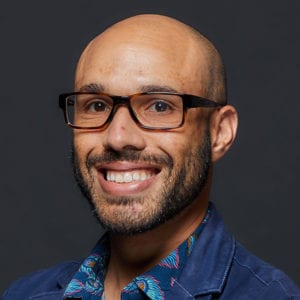
Jerome Tennille, Manager of Volunteerism for Marriott International
Jerome Tennille is the Manager of Volunteerism for Marriott International, where he leads the company’s traditional and skills-based volunteer programs, ensuring they reflect the latest innovations, technologies, and best practices. This includes Marriott’s global week and month of community service, providing the framework, resources, and support needed for volunteerism efforts to be executed both globally and locally.
